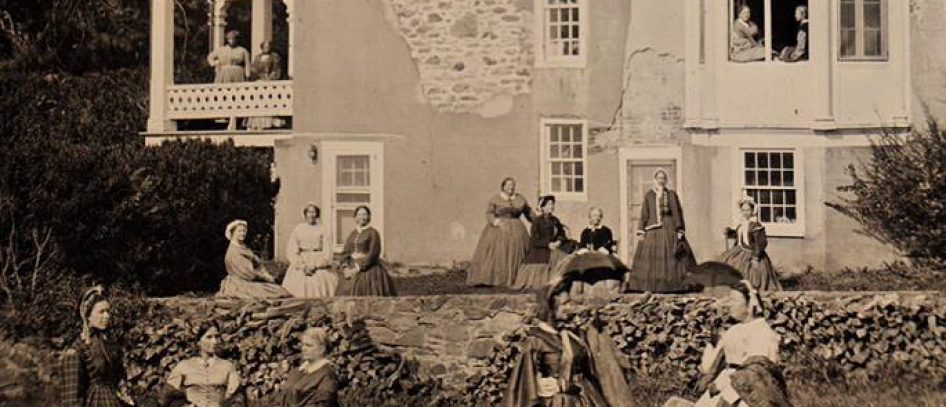Thoroughwort, or Boneset
It has a faint odor, an intensely bitter taste, and is slightly astringent. Its medicinal virtues are diaphoretic, tonic, and in larger doses, emetic and aperient. It is principally used as a diaphoretic in colds, catarrhs, and rheumatism, in intermittent, remittent, and inflammatory diseases, or given cold as a tonic in dyspepsia. A strong infusion given warm in bed is almost a sovereign remedy for a cold. To a pint of boiling water, add one ounce of the leaves and flowers, and take it hot at two or three doses.
It has a faint odor, an intensely bitter taste, and is slightly astringent. Its medicinal virtues are diaphoretic, tonic, and in larger doses, emetic and aperient. It is principally used as a diaphoretic in colds, catarrhs, and rheumatism, in intermittent, remittent, and inflammatory diseases, or given cold as a tonic in dyspepsia. A strong infusion given warm in bed is almost a sovereign remedy for a cold. To a pint of boiling water, add one ounce of the leaves and flowers, and take it hot at two or three doses.
Tansy
It was formerly used to give flavor to puddings and omelets. Its medical properties are tonic and stomachic. It is also a vermifuge. It is much used as a domestic remedy beneficial in dyspepsia, hysteria, arising from uterine affections, and in gout. It was formerly of very general use in the preparation of alcoholic bitters.
It was formerly used to give flavor to puddings and omelets. Its medical properties are tonic and stomachic. It is also a vermifuge. It is much used as a domestic remedy beneficial in dyspepsia, hysteria, arising from uterine affections, and in gout. It was formerly of very general use in the preparation of alcoholic bitters.
Thyme
Almost all of the Thyme family members contain a Volatile Oil called Thymo, which provides the leaves with their familiar scent and also, serves as a potent antiseptic. Medicinally, Thyme has been used for centuries as an antiseptic and was well-known for its ability to attract bees, thus being used to create superior and aromatic blends of honey.
Thyme is not listed in Gardening for the South; however, Thomas Stuart McFarland, a farmer near Belgrade, Newton County, in southeast Texas, reported that he had thyme in his garden as April 16, 1840.
